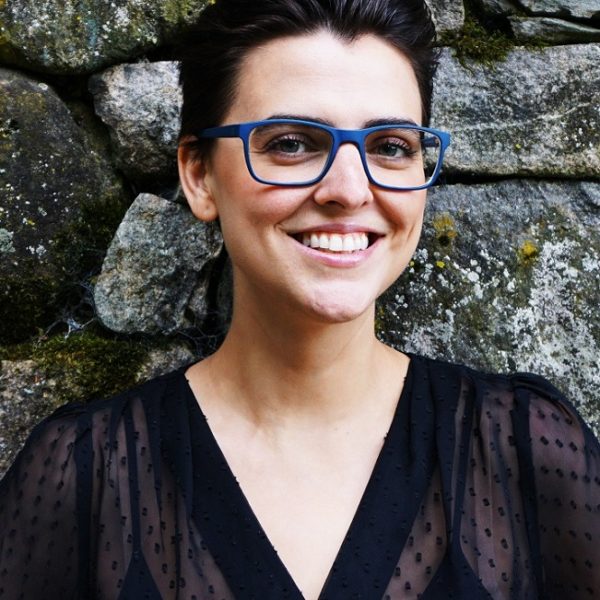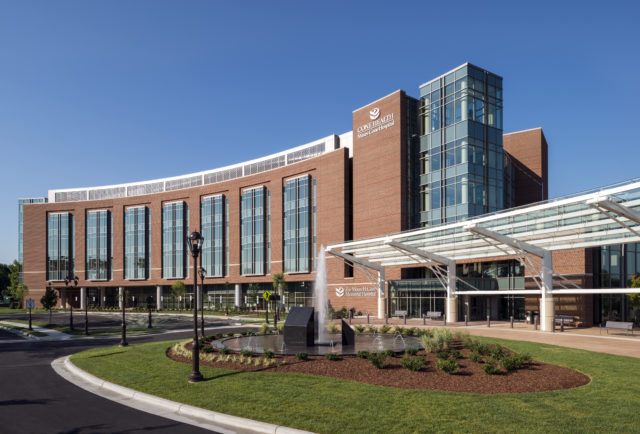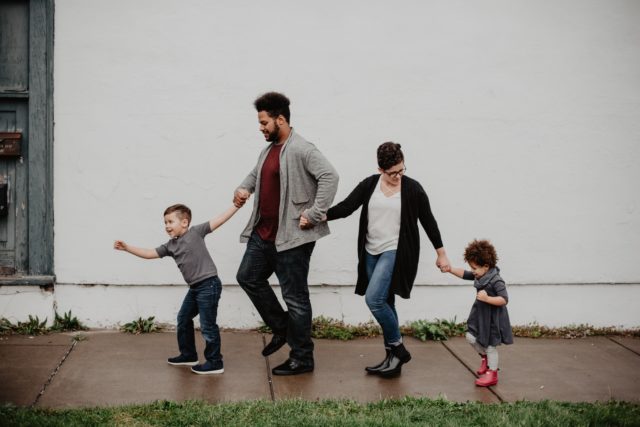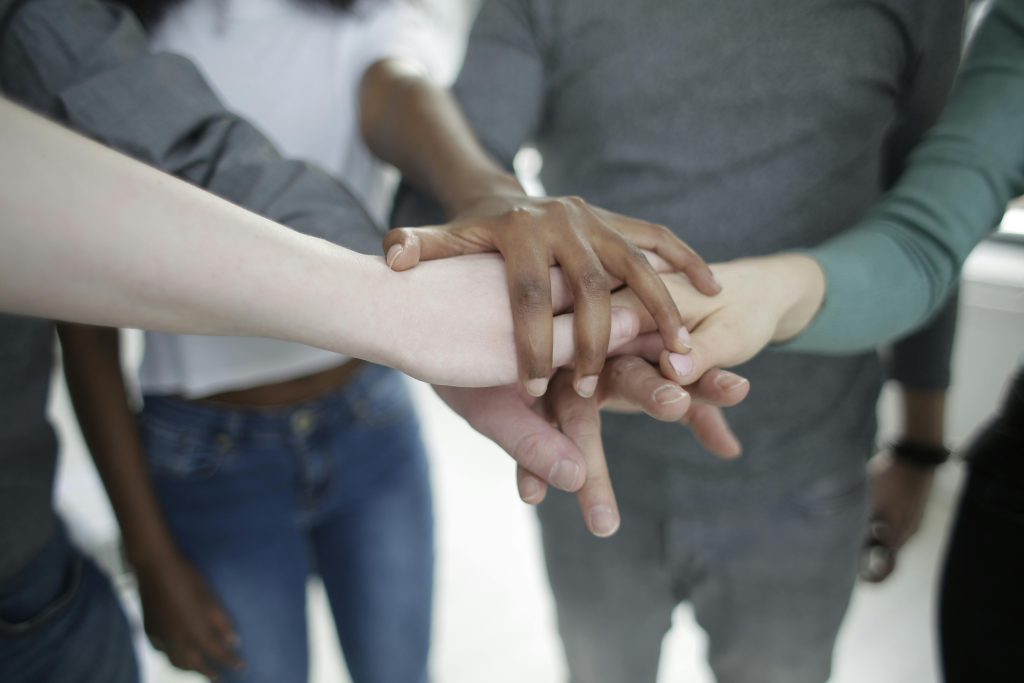It started off as the type of presentation you might expect to hear on a webinar highlighting successful health equity interventions. But an impromptu and honest exchange between a community-based organization leader and a health system executive offered a powerful window into the role accountability plays in health equity work.
During a HealthBegins workshop in May 2021, Josie Williams, executive director of the Greensboro Housing Coalition in North Carolina, explained how the 1930s-era practice of redlining resulted in substandard housing, high asthma rates, and lower life expectancy in those same neighborhoods today—the same neighborhoods where Williams herself grew up. She walked workshop participants through some of the health equity improvements that a coalition of residents, organizations, and city agencies achieved around childhood asthma by mapping and rehabilitating substandard housing units. Cone Health, their local health system, she noted, had been a key part of the coalition’s success.
That was where the presentation was supposed to end. Instead, Laura Vail, systemwide director for population health equity at Cone Health, jumped in unexpectedly. She told participants that Williams was being gracious in her remarks about the health system, and that redlining was not the only factor that shaped health inequities in Greensboro. Prior to 1963, Black patients were not routinely admitted to The Moses H. Cone Memorial Hospital unless it was under the orders of a white physician. Health care, like much else in the city of Greensboro at the time, was deeply segregated. Vail shared that the health system hadn’t acknowledged or apologized for this history until 2016, and that they weren’t yet the partners they wanted to be.
“Institutional racism is deep in you, and you carry it forward for decades,” Vail told participants. “The thing that I think that’s missing for the institution still is that we are accountable to the community for this, and I think we still see ourselves as accountable to the health system. And that’s a fundamental change, and it’s still the journey.”
Williams later recalled that Vail’s remarks left her speechless. It was the type of acknowledgment that communities aren’t used to hearing from institutions that have harmed them, and one Williams felt would never have happened at Cone Health just a few years prior. The fact that Vail made the acknowledgment in front of colleagues from other health systems was also meaningful.
“When you do things massively public, it’s almost like a PR thing sometimes,” said Williams. “But for [Laura] to have that conversation in that intimate space with those people—that was real for me.” The health system still has a long way to go, Williams added, but Vail’s unprompted statement inspired her to do even more to bring residents to the table with the health system to work together.
Their exchange captured an underlying truth: how a health system holds itself—and is held to be—accountable to the community is central to both the type of partner they are in—and the effectiveness of—their health equity work. To be truly committed to equity, a health system must partner with the people closest to the problems, and true partnership and accountability requires building trust and elevating community voice in decision-making. As Williams and Vail both noted, that accounting is not about a single moment, action, or project; it is an ongoing journey that Cone Health is on, both inside the organization and with the community. And the honesty of leaders—within the institution and within the community—about the past is an essential ingredient in its potential success.
How is Cone Health working to build trust and incorporate community voice into its decision-making, and what can other health systems learn from their experiences? Read more in the stories linked below:
Featured Content
Aligning Our Organizational Structure with Our Values
With our new B Corp Certification, HealthBegins has now joined a global network of companies that see business as a force for good and can share tools and practices to help us improve.
5 Principles and Practices to Sustain Gender-Affirming Care in Uncertain Times
With the onslaught of federal threats to transgender and nonbinary people, health care has a critical role to play to uphold standards of care, ensure access to essential services, advocate for evidence-based medicine, and protect patients and providers.
Strengthening Health Equity Investments with Human-Centered Stakeholder Engagement
Understanding and aligning with what value means to your stakeholders—especially those who make investment decisions—is crucial when making the business case for health equity investments.






